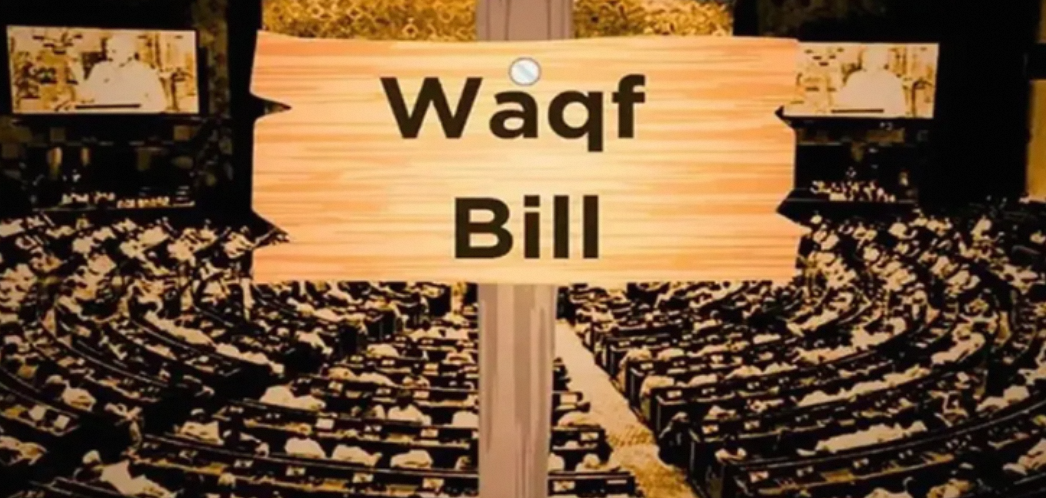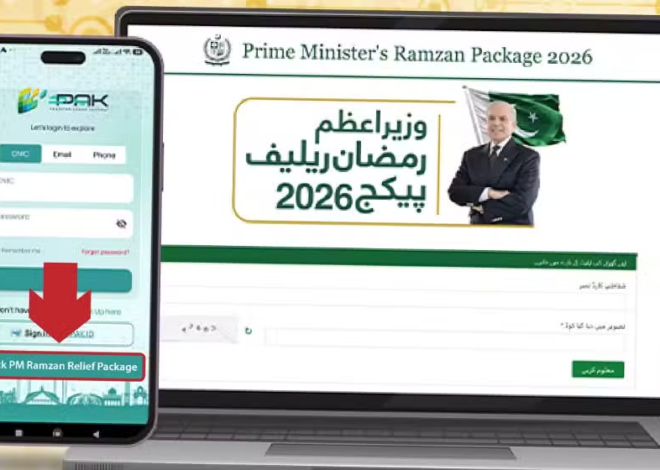
Waqf Amendment Bill 2025 Faces Constitutional Challenge in Indian Supreme Court
Introduction
The Waqf Amendment Bill 2025, a legislative effort to reform the management of Islamic endowments in India, has landed in the Supreme Court amid mounting legal and societal debates. Petitioners argue the bill risks undermining property rights and secular principles, while the government defends it as a necessary modernization of waqf governance. This landmark case could redefine the balance between religious autonomy and constitutional safeguards in India.
Background: Waqf Laws and the 2025 Amendment
Waqf properties, endowed under Islamic law for religious or charitable purposes, are governed by the Waqf Act of 1995. The 2025 amendment seeks to address inefficiencies in administration, proposing expanded powers for the Central Waqf Council, streamlined dispute resolution mechanisms, and accelerated processes to reclaim allegedly encroached properties. Critics, however, contend the bill disproportionately empowers Waqf Boards, potentially enabling overreach into private property disputes.
The Controversy
At the heart of the challenge are concerns over constitutional rights and procedural fairness. Key contentious provisions include:
- Expedited Reclamation: Reducing the timeframe for property owners to contest waqf claims, raising fears of hasty adjudications.
- Centralized Authority: Shifting control from state-level boards to a centralized body, sparking federalism debates.
- Retrospective Application: Allowing Waqf Boards to revisit decades-old property classifications, unsettling long-resolved titles.
Petitioners’ Arguments
Opponents, including civil rights groups and property owners, argue the amendment:
- Violates Property Rights: Infringes on Article 300A, which guarantees the right to property, by easing the seizure of lands deemed waqf.
- Undermines Secularism: Alleges preferential treatment to one religious community, contravening the Constitution’s secular ethos.
- Lacks Safeguards: Risks misuse due to inadequate checks on Waqf Boards’ authority, potentially weaponizing claims against vulnerable owners.
Government’s Defense
The government asserts the bill aims to:
- Prevent Encroachment: Protect waqf assets from illegal occupation, ensuring their use for intended charitable purposes.
- Modernize Governance: Introduce transparency and efficiency in managing India’s 800,000+ waqf properties, valued at billions.
- Uphold Minority Rights: Safeguard Muslim institutions under Article 26, which grants religious groups autonomy in managing affairs.
Broader Implications
The Supreme Court’s ruling will resonate beyond legal corridors:
- Property Market Stability: A validation could unsettle landowners, while a strike-down may hinder waqf asset protection.
- Federal Dynamics: Centralizing control may clash with states’ rights, testing India’s federal structure.
- Communal Harmony: Perceptions of bias could deepen societal fissures, necessitating judicial nuance.
Precedents and Context
Past disputes, such as the 2019 Hindu Priests vs. Uttar Pradesh Waqf Board case, highlight tensions over religious properties. The Court’s interpretation of secularism—balancing minority protections with individual rights—will be pivotal.
Conclusion
As India’s apex court deliberates, the Waqf Amendment Bill 2025 underscores the delicate interplay between religious freedom and constitutional integrity. Its decision will not only shape the future of waqf governance but also set a precedent for how India navigates the complex terrain of faith, law, and rights in a pluralistic democracy. The outcome demands a meticulous equilibrium—one that honors charitable endowments without compromising the bedrock of secular justice.







